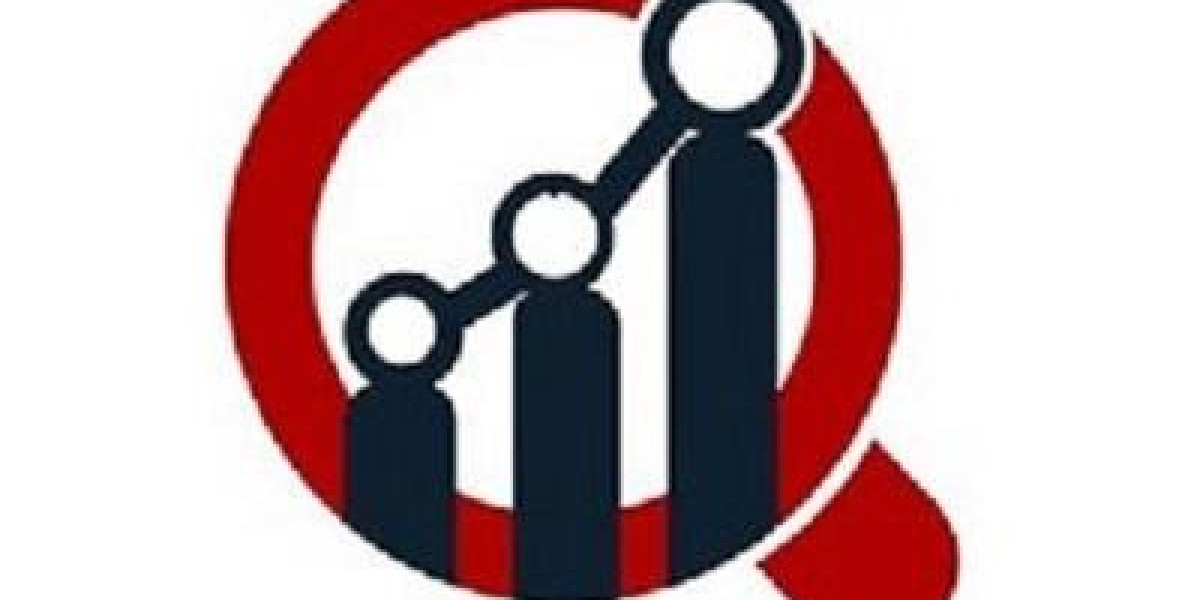As Per Market Research Future, the Soldering Equipment Industry is evolving rapidly, driven by technological advancements and the increasing complexity of electronic devices. This industry encompasses a wide range of products, including soldering stations, tools, and automated soldering systems, catering to various sectors such as automotive, aerospace, and consumer electronics. The push for automation and efficiency in manufacturing processes is reshaping the industry landscape, leading to the development of innovative soldering solutions. Furthermore, the emphasis on quality and reliability in electronic assembly is driving demand for advanced soldering equipment.
The Soldering Equipment Market has become a fundamental pillar in modern manufacturing, especially as electronic devices grow more compact and technologically advanced. Soldering equipment plays a crucial role in assembling electronic components, ensuring strong electrical and mechanical connections. With industries such as consumer electronics, automotive electronics, aerospace, semiconductors, and industrial automation expanding rapidly, the demand for efficient and precise soldering tools is rising. Manufacturers are increasingly investing in automated soldering technologies to meet high production standards and achieve consistent product quality. As electronic miniaturization continues, the importance of advanced soldering equipment will only intensify.
Market Drivers and Emerging Trends
One of the major factors fueling the Soldering Equipment Market is the growth of the global electronics industry. With consumers demanding smart devices, electric vehicles, and high-performance gadgets, manufacturers rely on advanced soldering tools to enhance assembly precision. Another key driver is the increasing shift toward lead-free soldering in compliance with environmental regulations. This shift has encouraged the development of new soldering materials, high-temperature soldering equipment, and advanced flux technologies. Automation is also reshaping the market, as industries adopt robotic soldering systems that offer enhanced accuracy, reduced defects, and superior production speed.
Applications Across Different Industries
Soldering equipment is used extensively across various industries, each requiring specialized tools depending on the application. In electronics manufacturing, soldering stations and reflow systems are crucial for assembling printed circuit boards (PCBs). The automotive sector uses soldering for sensors, infotainment systems, battery modules, and electronic control units. Aerospace and defense industries rely on high-reliability soldering to build navigation systems, communication equipment, and avionics. Additionally, soldering equipment is frequently used in industrial machinery, home appliances, and renewable energy technologies such as solar panels. The increasing complexity of electronic components is contributing to a higher demand for precision soldering solutions across all sectors.
Technological Advancements Enhancing Efficiency
Manufacturers are continuously incorporating cutting-edge technologies into soldering equipment to increase reliability and streamline production processes. Innovations such as temperature-controlled soldering stations, programmable reflow ovens, and automated wave soldering machines have revolutionized the industry. Robotics has also played a major role in enhancing soldering precision, particularly for microelectronics. Many companies are integrating AI and machine learning algorithms into soldering equipment to optimize temperature control, monitor material flow, and detect defects in real time. These advancements help manufacturers reduce waste, improve efficiency, and maintain consistent soldering quality even in fast-paced production environments.
Market Challenges and Growth Opportunities
While the market for soldering equipment is thriving, it also faces challenges such as the high initial cost of advanced soldering systems and the increasing complexity of joining ultra-miniaturized components. The shift toward lead-free soldering requires new expertise and temperature-resistant materials, which can raise production costs. However, these challenges also present opportunities for innovation. Manufacturers are developing cost-effective, energy-efficient soldering tools designed for small and medium-sized businesses. The rise of electric vehicles and renewable energy technologies is also opening new avenues for soldering applications, as these sectors depend heavily on electronic component assembly. As global manufacturing expands, the soldering equipment market will continue to witness robust growth.
Future Outlook of the Soldering Equipment Market
Looking ahead, the market is expected to expand significantly as digital transformation reshapes industrial operations. Automated and AI-driven soldering technologies will dominate the industry, enabling manufacturers to meet increasing production demands while maintaining high quality standards. The rise of wearable technology, IoT devices, smart home electronics, and electric mobility will further boost demand for sophisticated soldering solutions. As industries adopt greener manufacturing practices, more energy-efficient and eco-friendly soldering equipment will gain prominence. With technological advancement at its core, the Soldering Equipment Market is well-positioned for sustained growth in the coming years.
Frequently Asked Questions (FAQ)
1. What types of soldering equipment are commonly used?
Common equipment includes soldering stations, reflow ovens, wave soldering machines, robotic soldering systems, soldering irons, and hot-air rework tools.
2. Why is lead-free soldering becoming more popular?
Lead-free soldering complies with environmental regulations such as RoHS, ensuring safer production and reduced environmental impact.
3. Which industries benefit most from soldering equipment?
Electronics, automotive, aerospace, industrial automation, consumer electronics, and renewable energy sectors heavily rely on soldering tools.



